Schools are suffering from low attendance
But students are suffering even more

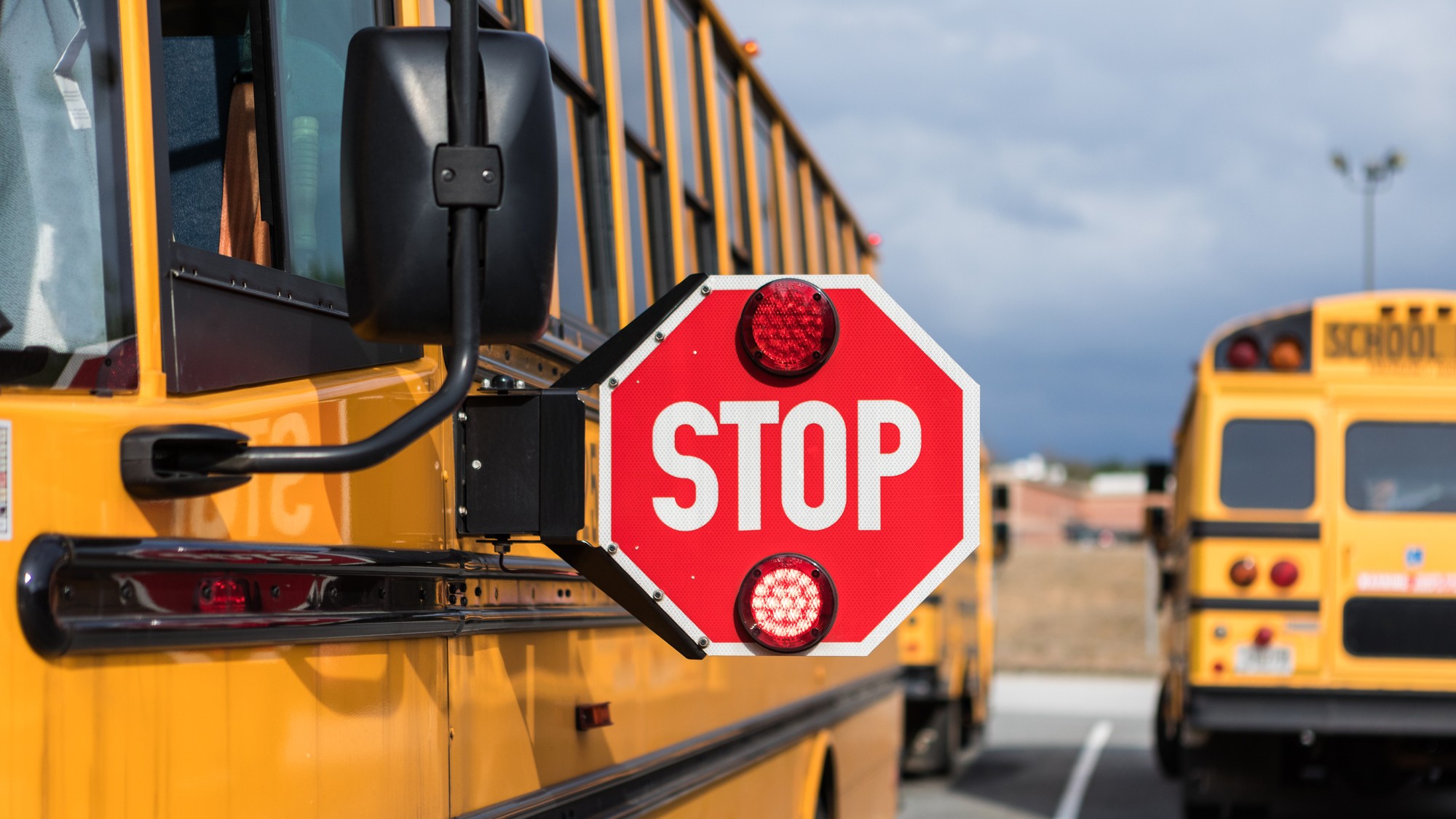
A free daily email with the biggest news stories of the day – and the best features from TheWeek.com
You are now subscribed
Your newsletter sign-up was successful
Class is again in session, but not everyone heard the bell. Following the Covid-19 lockdown, schools reopened, but many students have not come back — even to this day. Chronic absenteeism is a problem plaguing the education system and indicates a lack of motivation among students. There are also long-term effects associated with missing school, which could hinder students' success in the future.
Mind matters
Following the pandemic, the number of chronically absent students has doubled from 7.3 million students nationally in the 2015-16 school year to 14.7 million in the 2020-21 year, increasing in almost every state, according to a report by Attendance Works. Chronic absenteeism means "missing at least 10% of the school year, or about two days of school every month," as defined by The New York Times. In addition, "nearly 70% of the highest poverty schools experienced widespread, chronic absenteeism in the 2021-22 school year, compared with 25% before the pandemic," the Times added. While data shows that attendance rates have slightly rebounded since then, current rates are still notably less than pre-pandemic levels.
This trend also points to a bigger problem. "When you see these high levels of chronic absence, it's a reflection that the positive conditions of learning that are essential for motivating kids to show up to school have been eroded," Hedy Chang, the founder and executive director of Attendance Works, told Vox. "It's a sign that kids aren't feeling physically and emotionally healthy and safe." A number of circumstances can prevent school attendance, including poverty, illness, lack of transportation and childcare, and mental health. Chang added, "Belonging, connection, and support — in addition to the academic challenge and engagement and investments in student and adult well-being — are all so crucial to positive conditions for learning."
The Week
Escape your echo chamber. Get the facts behind the news, plus analysis from multiple perspectives.

Sign up for The Week's Free Newsletters
From our morning news briefing to a weekly Good News Newsletter, get the best of The Week delivered directly to your inbox.
From our morning news briefing to a weekly Good News Newsletter, get the best of The Week delivered directly to your inbox.
Remote learning during the pandemic also changed behaviors. "If I were a child, and I could stay at home on my computer, in my room, and play with my little toys on the side, pick up the game for your break or lunchtime, how hard is it to sit in a school building for seven hours?" Shepria Johnson, who leads a team at Concentric Educational Solutions, which makes home visits to students who are chronically absent in the Detroit area, told ProPublica. "It takes us to help build those habits."
Falling behind
Chronic absenteeism can also cause larger problems for students' futures. "Students cannot learn if they are not in school, and they cannot benefit from interventions, such as tutoring, that are supposed to help them make up for pandemic losses," The New York Times explained. Without steady education, students can easily fall behind and then perhaps jeopardize their prospects for attending college or getting a job. "Constant absences create chaotic classroom environments, with teachers needing to help students make up missed work or missing students disrupting the balance of classrooms that might be necessary for certain lessons," Vox detailed. "Chronic absenteeism increases educational inequality since it has risen more among disadvantaged students, particularly those with disabilities and those from lower-income households."
"What we're seeing is a large-scale failure for a substantial number of our students to reengage," said Thomas Dee, a Stanford economist and the Barnett Family Professor of Education, told Vox. The good news is that chronic absenteeism can be curbed. Many states have already implemented new initiatives to encourage attendance, including home visits and mentor programs. Kari Sullivan Custer, an education consultant for attendance and engagement at the Connecticut State Department of Education, remarked to Vox, "We definitely have the ability to turn this around. It might take a little while, but we're just going to keep right at it, being positive and focusing on the successes."
A free daily email with the biggest news stories of the day – and the best features from TheWeek.com
Devika Rao has worked as a staff writer at The Week since 2022, covering science, the environment, climate and business. She previously worked as a policy associate for a nonprofit organization advocating for environmental action from a business perspective.
-
 Nuuk becomes ground zero for Greenland’s diplomatic straits
Nuuk becomes ground zero for Greenland’s diplomatic straitsIN THE SPOTLIGHT A flurry of new consular activity in the remote Danish protectorate shows how important Greenland has become to Europeans’ anxiety about American imperialism
-
 ‘This is something that happens all too often’
‘This is something that happens all too often’Instant Opinion Opinion, comment and editorials of the day
-
 House votes to end Trump’s Canada tariffs
House votes to end Trump’s Canada tariffsSpeed Read Six Republicans joined with Democrats to repeal the president’s tariffs
-
 American universities are losing ground to their foreign counterparts
American universities are losing ground to their foreign counterpartsThe Explainer While Harvard is still near the top, other colleges have slipped
-
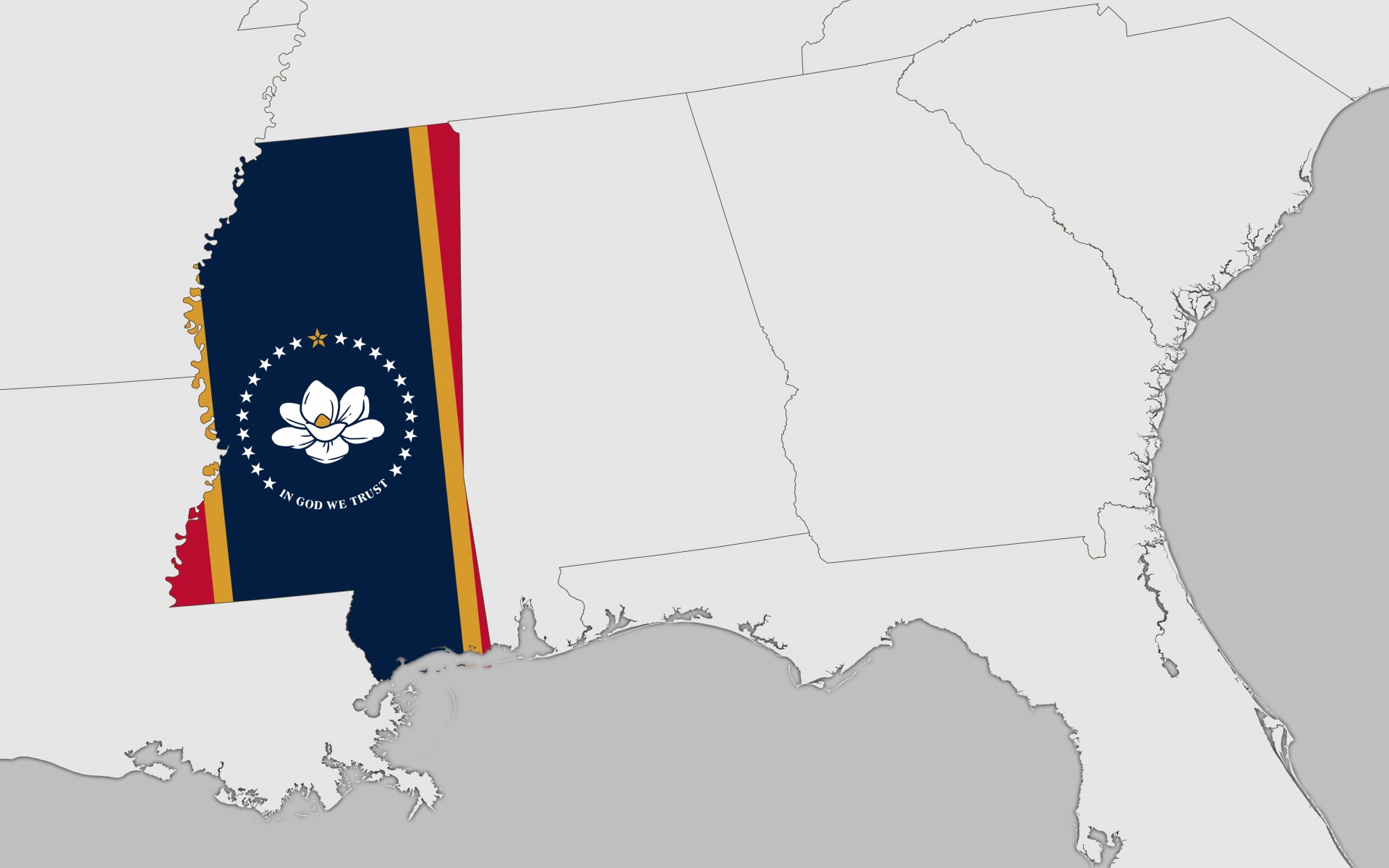 How Mississippi moved from the bottom to the top in education
How Mississippi moved from the bottom to the top in educationIn the Spotlight All eyes are on the Magnolia State
-
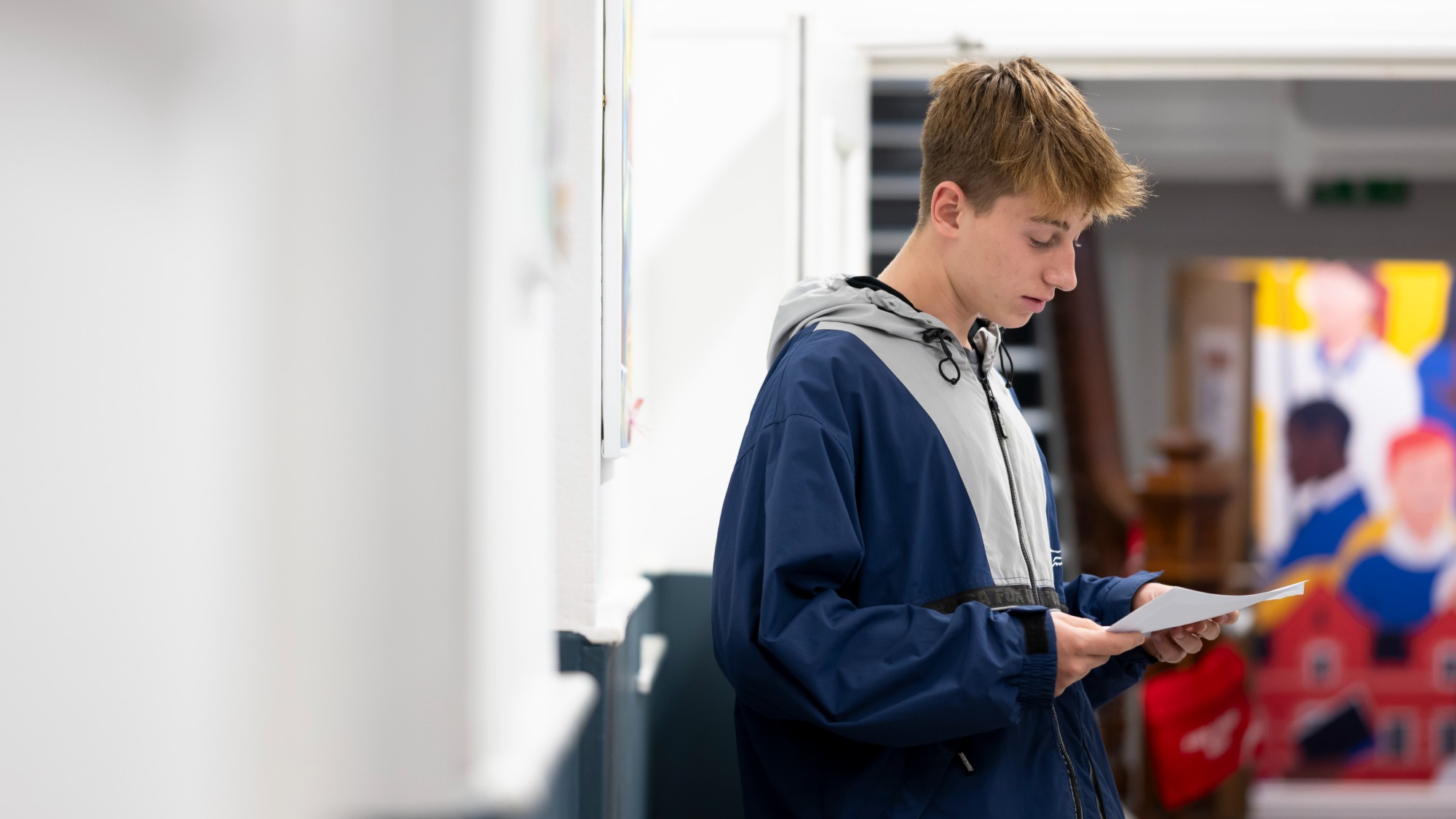 How will new V level qualifications work?
How will new V level qualifications work?The Explainer Government proposals aim to ‘streamline’ post-GCSE education options
-
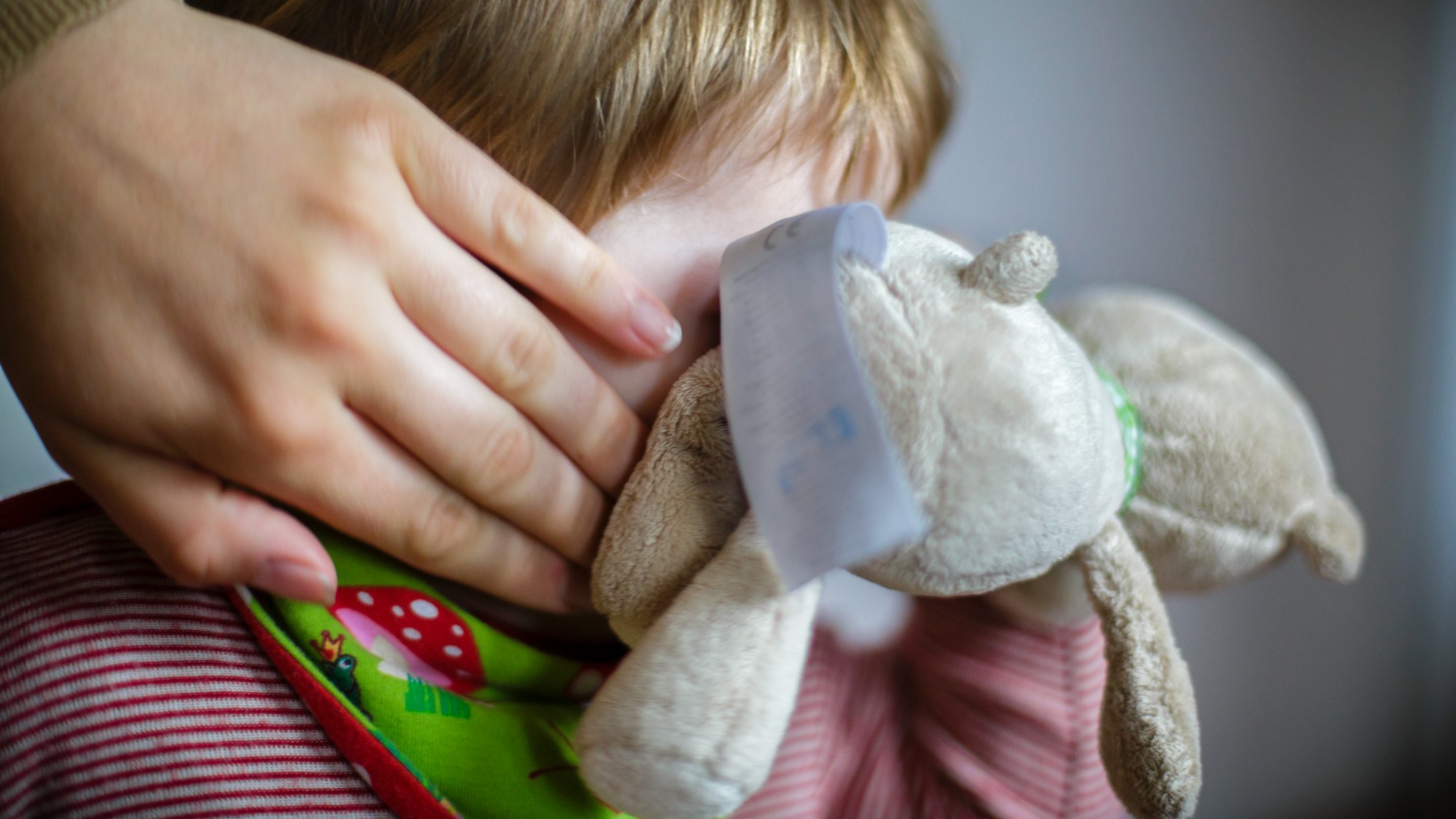 England’s ‘dysfunctional’ children’s care system
England’s ‘dysfunctional’ children’s care systemIn the Spotlight A new report reveals that protection of youngsters in care in England is failing in a profit-chasing sector
-
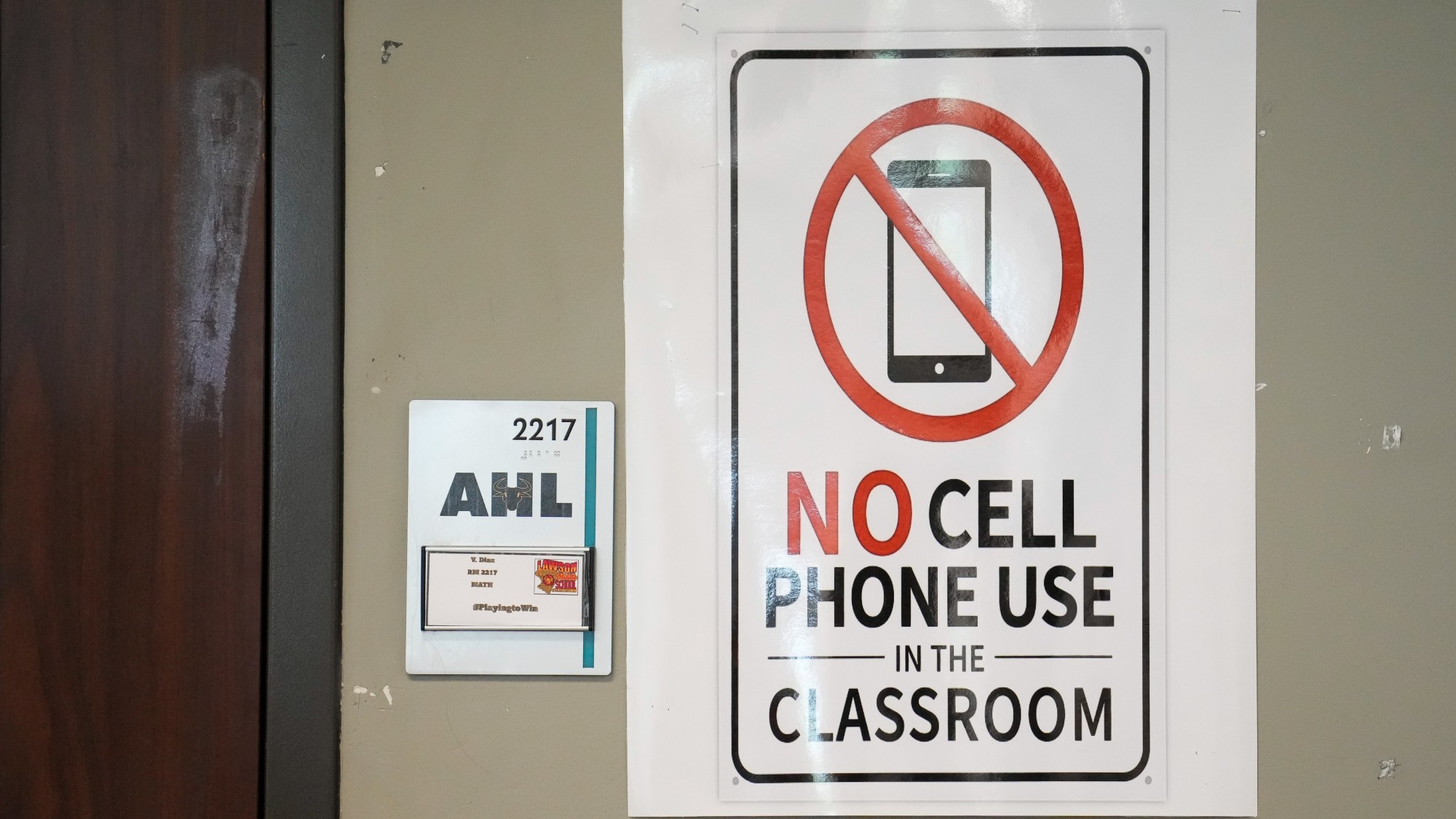 The pros and cons of banning cellphones in classrooms
The pros and cons of banning cellphones in classroomsPros and cons The devices could be major distractions
-
 School phone bans: Why they're spreading
School phone bans: Why they're spreadingFeature 17 states are imposing all-day phone bans in schools
-
 Schools: The return of a dreaded fitness test
Schools: The return of a dreaded fitness testFeature Donald Trump is bringing the Presidential Fitness Test back to classrooms nationwide
-
 Send reforms: government's battle over special educational needs
Send reforms: government's battle over special educational needsThe Explainer Current system in 'crisis' but parents fear overhaul will leave many young people behind
